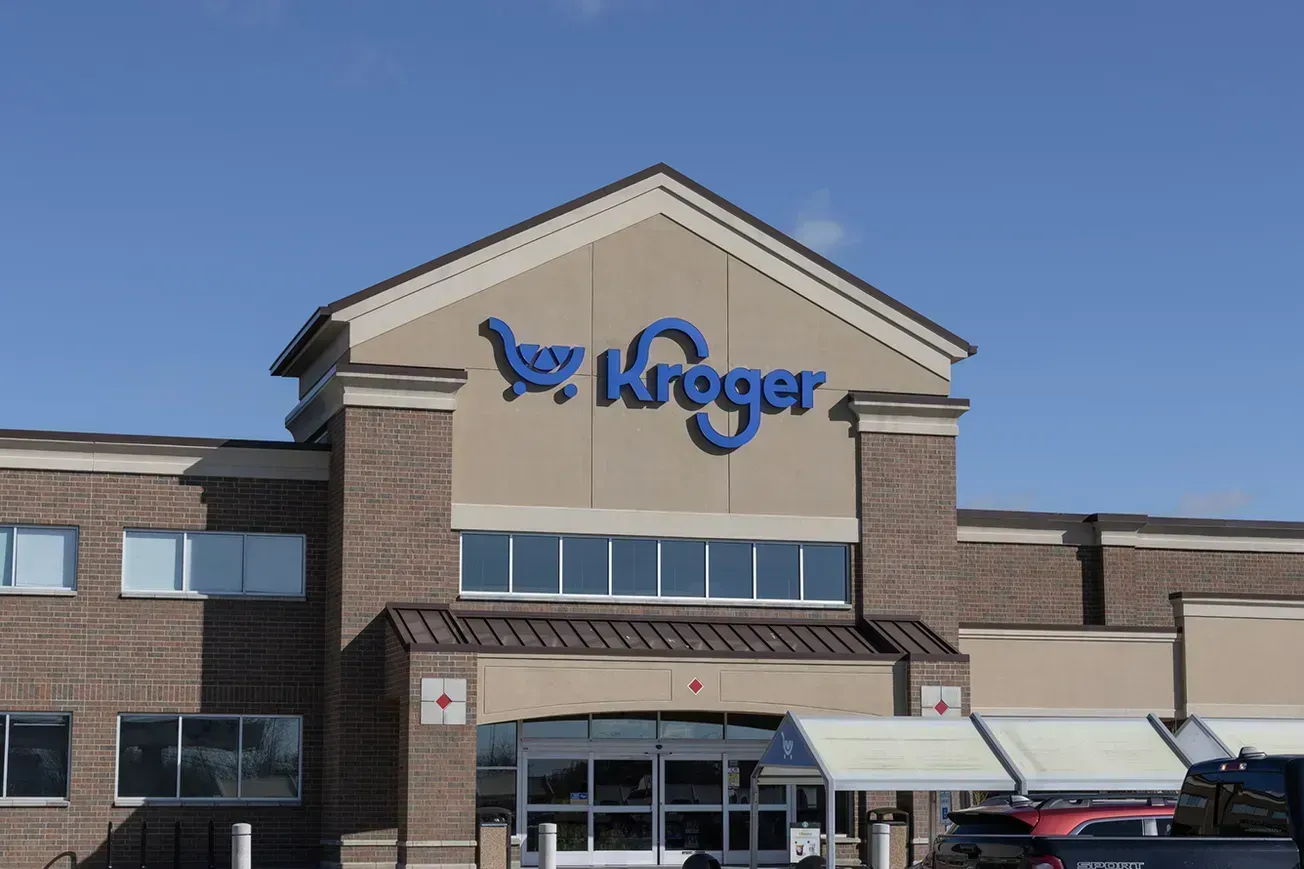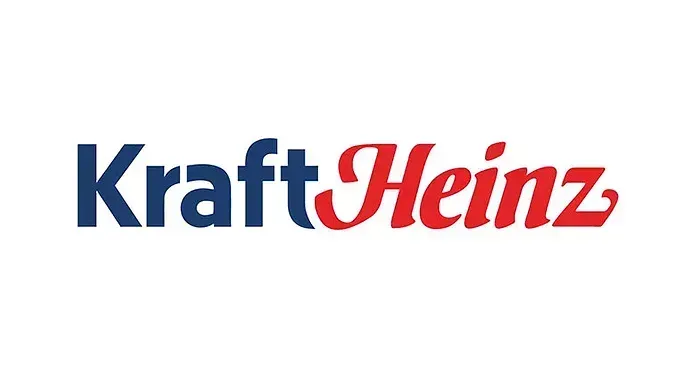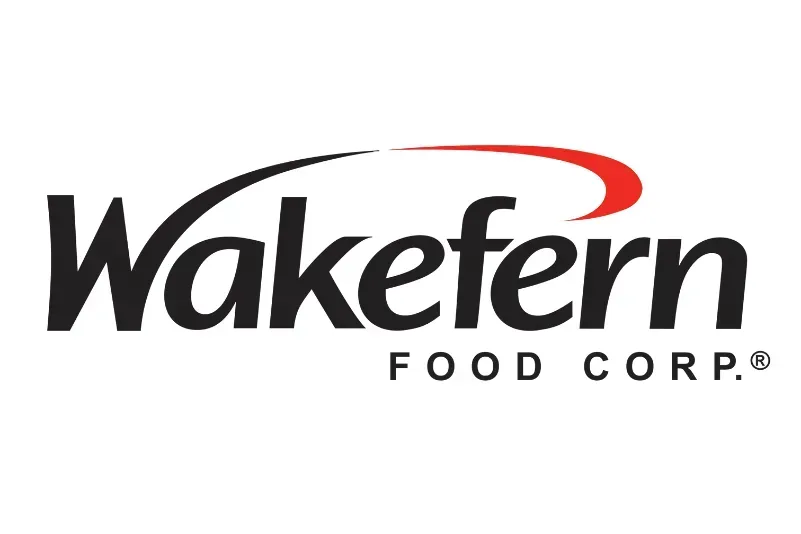Value-based care is coming to the PBM sector. Blue Shield of California last month launched a program that eschews the entrenched pharmacy benefits management model, replacing it with a consortium of companies — which includes Amazon Pharmacy and Mark Cuban Cost Plus Drug Co. — assembled to change the way prescription drugs are purchased and delivered.
 “The current pharmacy system is extremely expensive, enormously complex, completely opaque, and designed to maximize the profit of participants instead of quality, convenience and cost-effectiveness for consumers,” says Paul Markovich, president and CEO of Blue Shield of California, which serves 4.8 million beneficiaries. “That’s why we are working with like-minded partners to create a completely new, more transparent system that gets the right drugs to the right people at the right time at a substantially lower cost.”
“The current pharmacy system is extremely expensive, enormously complex, completely opaque, and designed to maximize the profit of participants instead of quality, convenience and cost-effectiveness for consumers,” says Paul Markovich, president and CEO of Blue Shield of California, which serves 4.8 million beneficiaries. “That’s why we are working with like-minded partners to create a completely new, more transparent system that gets the right drugs to the right people at the right time at a substantially lower cost.”
For most prescriptions, the new arrangement takes the place of CVS Health’s Caremark unit, the nation’s largest PBM. Caremark will, however, continue to provide service for specialty pharmacy patients. Those individuals relay on complex, high-cost therapies, which usually require a high degree of counseling, education and patient support.
Blue Shield of California’s Pharmacy Care Reimagined program, which is expected to save the health plan $500 million a year once it is completely in place, is the latest challenge to the PBM model that has long dominated the marketplace. Legislators and regulators in the nation’s capital and the states are applying an unprecedented degree of scrutiny to the practices of pharmacy benefits managers and establishing new guidelines. More than 100 state laws have been enacted over the past 18 months, and Congress appears to be moving, albeit fitfully, toward PBM reform.
In addition, the Federal Trade Commission is investigating the industry. Under chair Lina Khan, the agency has been quick to intervene when it perceives anticompetitive practices. Expect the FTC to act if it concludes that the way PBMs operate hurts patients and health care providers.
When all is said and done, the biggest threat to the hegemony of the current PBM model may well be developments in the private sector. Blue Shield is testing its belief that a new approach will work. Kroger Co. took a different tack in challenging the dominance of PBMs, deciding last fall to terminate its contract with Express Scripts because of what the retailer characterized as an unsustainable pricing model.
No one knows for certain what form the pharmacy benefits management business will take when all these factors ultimately play out. But it’s a good bet that the sector will look much different than it does today.





